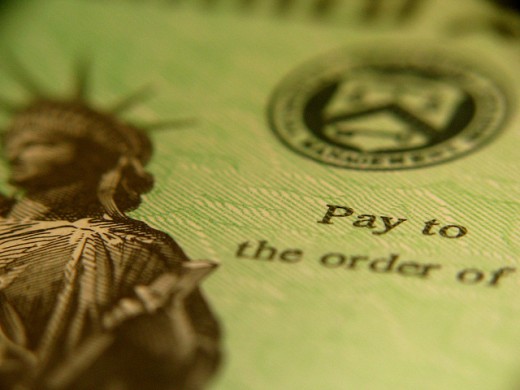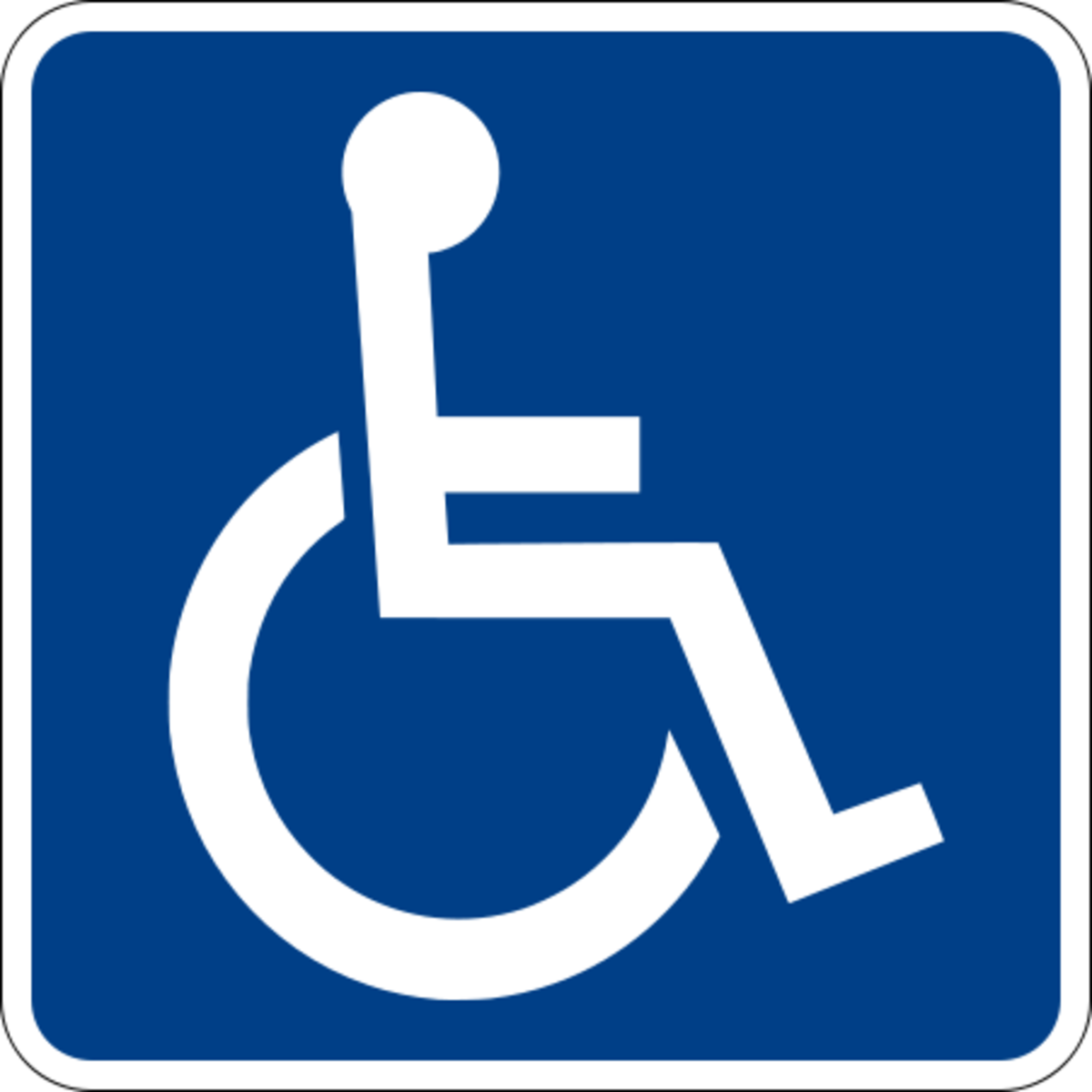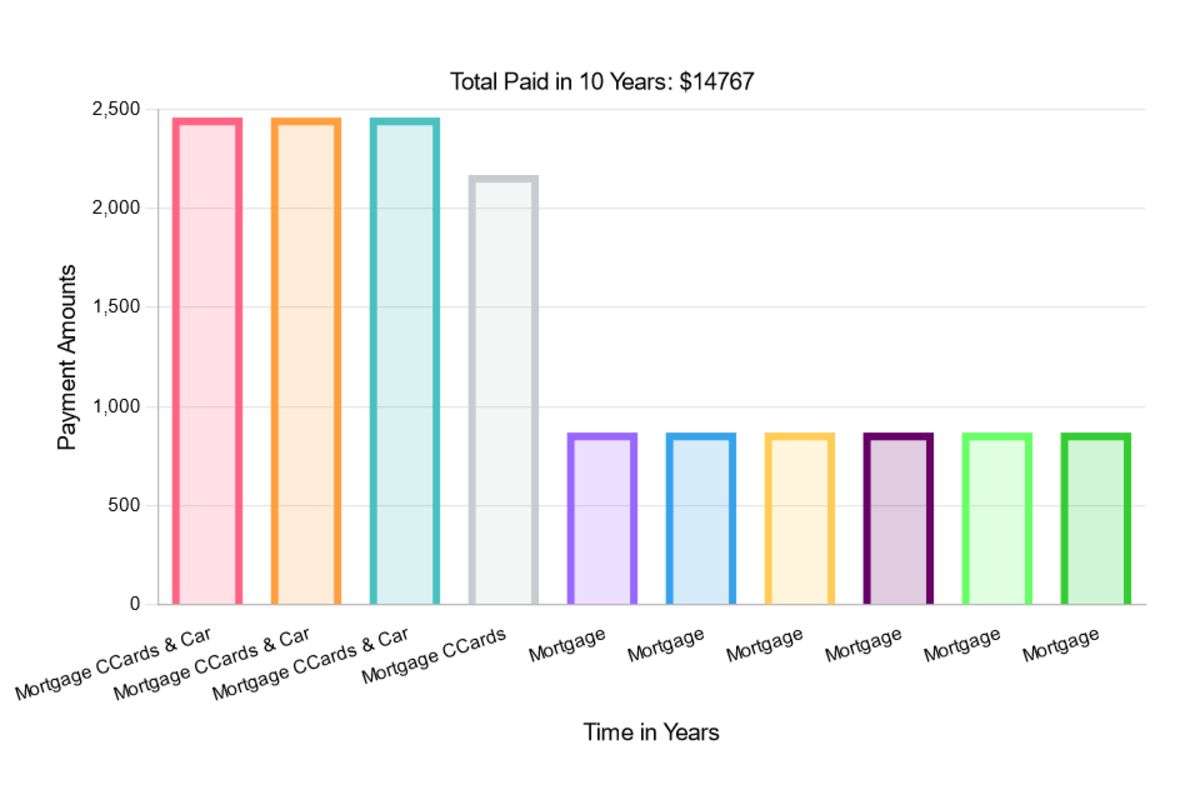How to Stop Stressing Over Your Mortgage-Sized Student Loans
A recent data collection study found that the average student loan debt for a bachelor's degree was $27,300. With most of that debt from a few years ago sitting at between 5-9% for federal loans, it can cause quite a bit of anxiety.
While that is the average, there are many more graduates with much larger debts with the same degree level. Mortgage sized debts, $50,000 and up, are wreaking havoc on young people's financial lives.
In fact, I'm one of them. With a bachelor's degree in Computer Science, I graduated with ~70k in student loans. At about three years into the 10-year repayment plan, it's still common to stress over the debt. Yet, there is a big difference in the occasional stress today and the obsessional anxiety it once was.
If your situation is similar, if your salary is far less than that of your debt, if your interest rates for your education are skyrocketing -- this is how you too can manage the stress of being in mortgage-sized student loan debt.
Create a Successful Budget
People will react to extreme financial stress differently. I, for one, would obsessively re-order my budget constantly. I burnt myself out with freelance work to the point where it was ineffective.
I even overpaid towards my debts so I was paying overdraft fees unnecessarily. My stress was costing me money.
Others may ignore their finances altogether, hoping it will just ride out. They don't bother to take a look at their finances, afraid of what they may discover.
Not being in control is stressful. While a person in debt may not be able to relinquish all control and pay off their debts immediately, they can begin controlling their day-to-day actions to fund that ultimate goal.
Create a budget -- once that will be successful. Ignore emotions that will sway you otherwise, like the infamous "retail therapy," or anxiety over your debts to overpay or create too tight of a budget.
A smart budget will:
- Create and maintain an emergency fund of at least 3-6 months worth of minimal expenses (expenses including your minimum debt payments).
- Have some entertainment money, travel money, etc. It may be for frugal alternatives, and may be a smaller entertainment budget than what you once knew, but it won't be absent.
- Enough leftover to keep and grow a cash buffer in a checking account to prevent overdraft fees and smaller unexpected expenses.
- Be simple enough to follow, but detailed enough to know where your money is going.
- Have some excess to pay something extra towards your debts.
I like using Mint and Personal Capital, and many others swear by YNAB. Many others simply use a spreadsheet, or even a pen and paper to track expenses. The simplest will be have it automated via one of the secure services mentioned.
Get Comfortable With a Certain Lifestyle
It may take some lifestyle or habit changes to stick to a budget. It may also take rethinking your current budget, and if its realistic.
If you cannot seem to realistically balance your budget, you may not have a spending problem, but rather, an income problem! If this is the case, fix your income problem as soon as possible to get back on track.
- Take on another part-time job.
- Make money online via freelancing, writing, blogging, etc. Many avenues may take time to build up to a successful income, so focus on providing work for others initially for immediate income.
- Ask for a raise, or negotiate a higher salary.
- Move to a new area with a bigger income to cost of living gap.
- Find a new job with a higher salary.
- Crowdfund via GoFundMe or another similar website.
- This is more rare, but if your salary is low enough, get government assistance or help from organizations. Do what you need to do if unemployed or at the poverty level.

Focus on Other Big Goals
Once a budget is in place, you can set up automatic payments -- "set it and forget it." Of course, forgetting it is easier said than done.
There are likely a number of things you want to do with your life when you are debt free. Those will come in time. Meanwhile, focus on goals that you can still do.
Write a book. Run a race. Work on a creative masterpiece. Travel (frugally).
Do these things even if they take a small amount of money. Focus on them instead of buying a house right now, having a family, going to Europe, or other more expensive dreams.
Allow yourself to keep moving forward -- you'll just need to alter the path to get there.

Check Your Money Only Once a Month
If you're never checking you money, start checking it once a month. If you obsessively check your money, limit yourself.
Focusing on the numbers only chipping away per your best efforts is discouraging. Discouragement only leads to stress and bad habits.
By only checking your finances once a month, you can make better overall decisions to your habits, adjusting from month to month.
At the beginning of each month, after all your payments and bills have settled, see how much is left over. Transfer it to a cash buffer or an emergency fund if needed, and investment, or an extra student loan payment.
If you don't have much left over or are in the hole, adjust your budget or spending habits. Focus on one new goal each month, instead of cluttering your mind with to-do's, using willpower that will only deplete after a few days.

Get Healthy
Just like with nearly every other aspect of life, poor diet and exercise habits can feed into an anxious mind. If you have anxious tendencies and are also in debt, it may be a bigger health issue that is just manifesting in financial obsession.
- Get exercise for 30 minutes to 1 hour nearly every day.
- Get a healthy balanced diet going, and take whole food supplements to ease anxiety (B vitamins, Omega-3). Eat the right amount.
- Cut out excess caffeine, sugar, alchohol and drugs. (A low to moderate carb diet is found to ease symptoms of depression, anxiety, stress, and fatigue.) After a few days of increased stress and tiredness, these symptoms will diminish and you'll have far more energy and a calmer mind than before.









